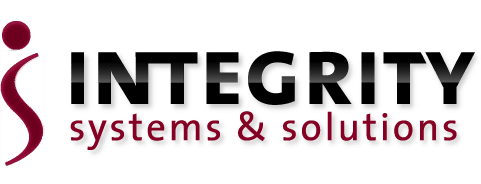
By: Michael Vincelette on July 17th, 2024
Are You Prepared To Keep up With HIPAA Compliance in Modern Healthcare?
Recent updates to HIPAA regulations and the renewed focus on proactive audits by the Office for Civil Rights (OCR) make it more critical than ever for healthcare providers to ensure they meet compliance requirements.
The Security Risk Analysis (SRA) is a HIPAA requirement that is frequently overlooked, with many covered entities failing to demonstrate compliance during the last round of audits. Let's look at how the SRA is essential for safeguarding electronic Protected Health Information (ePHI) and for giving you valuable insight into your business’s security posture and vulnerabilities.
What Is an SRA?
The OCR defines an SRA as “an accurate and thorough assessment of potential risks and vulnerabilities to confidentiality, integrity, and availability of ePHI.”
Several challenges exist for completing an SRA, like:
- Understanding the requirements
The OCR's guidelines are fairly broad and can seem vague. This leaves room for error in interpretation. - Securing the necessary resources
Completing an SRA is a big undertaking that can demand lots of expensive payroll hours. This cost can financially burden some practices (especially smaller ones). - Accounting for all the data
Finding all the data sources and ensuring that all systems that house PHI are included can be overwhelming.
Some of the options for completing an SRA are:
- Performing internal self-audits
Organizations may decide to pull in staff members to complete the SRA. This method requires that the staff has the necessary expertise and bandwidth to handle the project. - Hiring a third-party consultant
Outsourcing the job is another option for companies, which offers an independent perspective during the process. - Using a compliance software solution
Automated software provides practices with many helpful features, like being able to interpret vast amounts of data quickly and automating repetitive tasks.
Taming Compliance With an Intelligent Software
More often, organizations are choosing a software solution to manage their SRA. Why? Reasons include:
- Simplifying the process
Pre-set tasks assigned to the accountable party and structured workflows take some of the complexity out of completing an SRA and the necessary ongoing compliance steps. - Pinpointing risks
A single risk could do irreparable damage to your healthcare practice. Software can run algorithms quicker and more accurately than you could accomplish manually. These identify risks and vulnerabilities before they turn into damaging problems. - Saving time
By automating repetitive, tedious tasks, a compliance software platform frees up your staff's time so they can focus on high-priority initiatives. - Controlling costs
Instead of paying staff for many hours of data-heavy, time-consuming work, software can handle lots of the backend tasks automatically. This takes the financial burden of completing an SRA off the company.
- Protecting patient data
Finally, compliance software helps you achieve the goal of SRA: protecting your patients' data. Conducting a thorough, systematic assessment of your practice's risk empowers you to proactively fix vulnerabilities and maintain strong data protection protocols. Your ability to show that you have actively taken appropriate steps to protect the data and educate your staff will minimize a significant liability to your business.
By understanding the nuances of HIPAA compliance and the role of the SRA, you will be able to build a culture of compliance in your business. Healthcare providers who do this will be better prepared to maneuver through the requirements. This approach helps build patient trust and data security.
HIPAA regulations got you stressed? At Integrity Systems & Solutions, we make compliance a breeze. Schedule a free consultation today!


